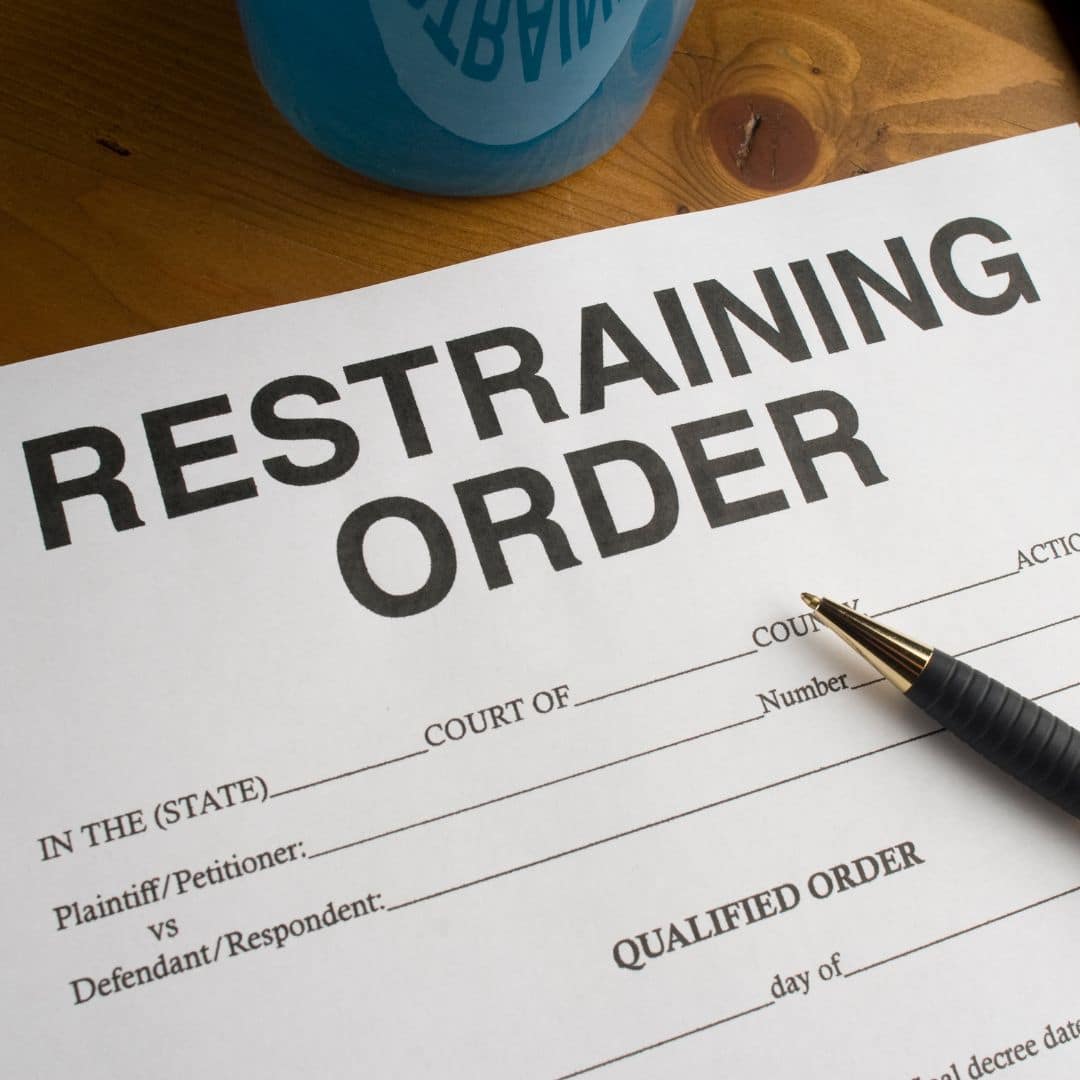
When it comes to addressing issues of safety and protection in cases of domestic violence (or other cases like harassment and stalking) restraining orders play a crucial role. In this blog, we’ll explore what you might need to know about navigating restraining orders in Dallas, Texas, including their purpose, types, application process, and the legal considerations involved.
Understanding Restraining Orders:
Restraining orders, also known as protective orders, are legal orders issued by the court to protect individuals from harassment, abuse, or threats of harm. In the context of domestic violence, these orders are designed to provide a layer of legal protection for victims.
Types of Restraining Orders:
- Emergency Protective Orders (EPOs): These are temporary orders issued by the police or the court in emergency situations. EPOs are designed to provide immediate protection and typically last 60 days. An EPO is issued without notice to the accused person or a hearing.
- Final Protective Orders: Following a court hearing, a final protective order may be issued. These orders are longer-term and may include provisions such as maintaining a specific distance, no-contact directives, or other restrictions on the accused.
Application Process:
- Filing a Petition: The process usually begins with the victim filing a petition with the court, detailing the reasons for seeking a restraining order. This may include evidence of threats, harassment, or past incidents of violence. When the police take a domestic violence report they will usually automatically ask the alleged victim if they’d like to file for an emergency protective order. Sometimes they will file for the emergency protective order even without the alleged victim requesting it.
- Court Hearing: A judge will review the petition and decide whether to grant the emergency protective order. This is done without notice to or the opportunity for presence at a hearing of the accused person. After the EPO, the applicant can request a full protective order which requires notice to the accused person and a hearing. The accused will have an opportunity to present their side of the case during the hearing.
Legal Considerations:
- Enforcement and Violations: Violating a restraining order is a serious offense (typically a Class A misdemeanor). Understanding the terms and conditions of the order is crucial for both the petitioner and the accused to avoid legal consequences.
- Modifying or Dismissing Orders: In certain situations, either party may seek to modify or dismiss a restraining order. This could involve demonstrating changed circumstances or presenting evidence that the order is no longer necessary.
- Legal Representation: Both parties involved may benefit from legal representation during the restraining order process. An experienced attorney can provide guidance, protect legal rights, and ensure a fair hearing during the process.
Navigating restraining orders requires a thorough understanding of the legal process and its implications. Whether you are seeking protection or facing allegations, seeking legal counsel is essential. Restraining orders are powerful tools designed to promote safety, and understanding the process is crucial for all parties involved.
We partner with you to ensure that you understand the legal process and your options. Most importantly, our Dallas criminal defense firm will customize a plan to take away your anxiety and get you back to living your life. If you want to learn more or begin to discuss your case with our team, please don’t hesitate to contact us.
View All Blogs




